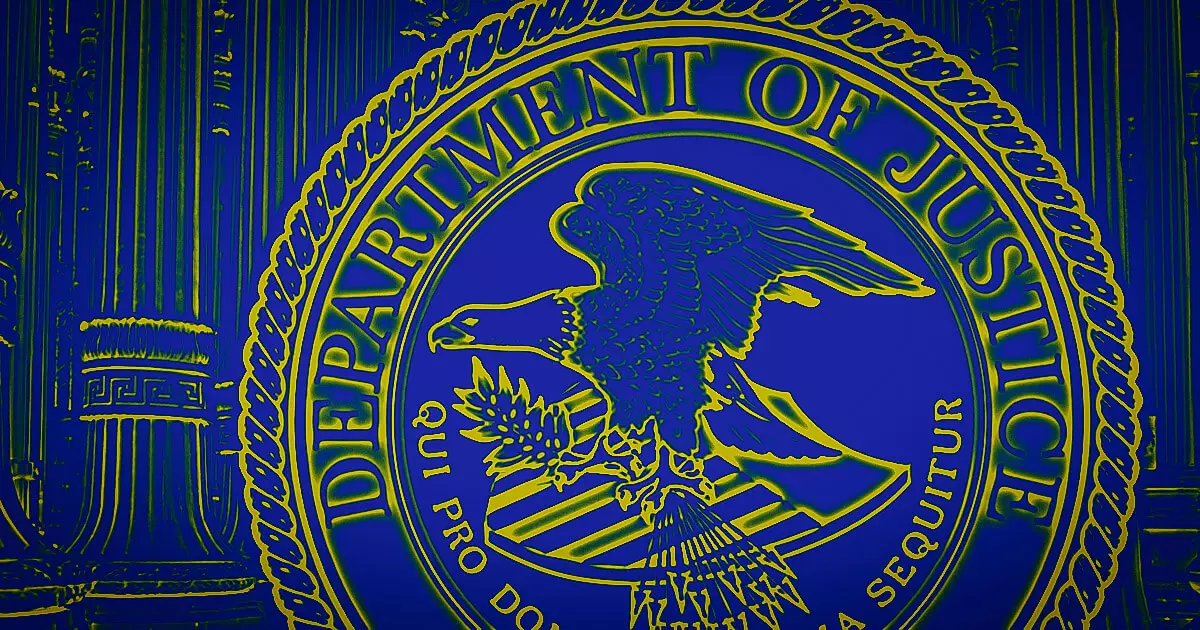Federal prosecutors from the Southern District of New York have launched an investigation into Fintech giant Block following allegations of significant compliance failures within its main business units – Square and Cash App. These allegations stem from a former employee who disclosed numerous lapses in the company’s transaction monitoring systems. The former employee provided internal documents indicating that Square processed transactions with entities in nations under US sanctions, such as Cuba, Iran, Russia, and Venezuela. Additionally, the documents allege that Block facilitated multiple crypto transactions for groups linked to terrorism without reporting them to government agencies as required by law.
The former employee also claimed that Square and Cash App failed to collect and assess customer information adequately, hindering proper risk assessment. Furthermore, it is alleged that the company did not rectify its procedures even after becoming aware of these compliance breaches. Square’s business unit reportedly failed to conduct customer due diligence on international merchant sellers and wrongfully reimbursed funds frozen for sanctions violations. New customers of Square and Cash App were allowed to transact even after triggering sanctions alerts, raising serious concerns about compliance within the company.
Deficiencies in Compliance Systems
An external consultant found nearly 50 deficiencies in Block’s internal systems used for monitoring suspicious activity, rating customer risk, and screening sanctions violations. Despite these findings, Block’s senior management and board of directors were reportedly aware of these compliance failures. The company allegedly failed to collect sufficient information from Square and Cash App customers for risk assessment purposes, highlighting a lack of due diligence on the part of the company.
In response to these allegations, a spokesperson for Block stated that the company has a “responsible and extensive compliance program” and continually addresses “emerging threats” and regulatory issues. The company also mentioned that it had voluntarily reported thousands of questionable transactions to the Office of Foreign Assets Control (OFAC), which later issued a no-action letter indicating that no administrative action would be taken against the company. However, the former employee claims that thousands of other transactions were not reported, raising further concerns about the company’s compliance practices.
The revelations of these compliance failures have led to internal upheaval within Block, with unexpected board member departures raising concerns about the company’s governance and compliance culture. Federal regulators and law enforcement agencies are closely monitoring the situation, and further investigations could result in substantial penalties and the need for comprehensive reforms within the company’s operations.
Block’s compliance failures have brought significant scrutiny upon the Fintech giant, raising questions about its commitment to regulatory compliance and governance. The company’s response to these allegations will be crucial in determining its future trajectory and whether it can regain the trust of regulators and consumers alike. Moving forward, Block must address these compliance issues seriously and implement robust measures to prevent similar lapses in the future.

